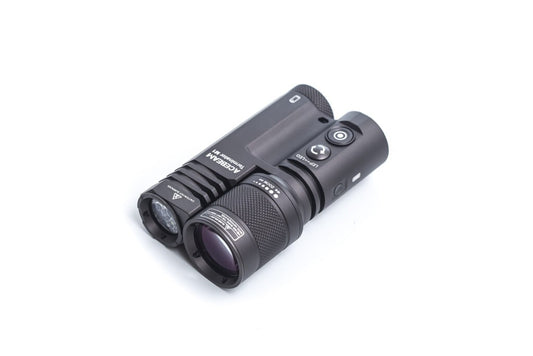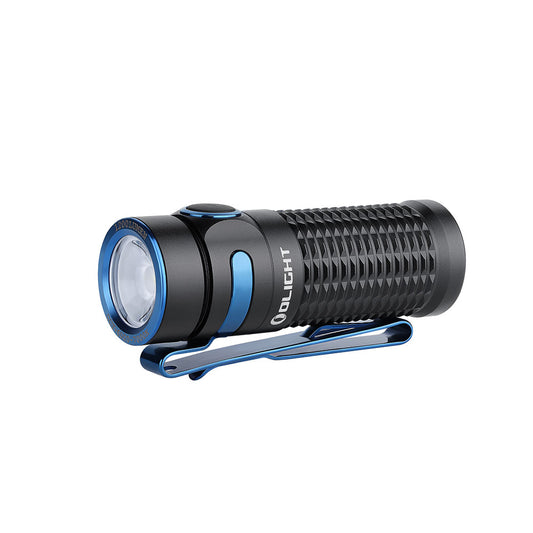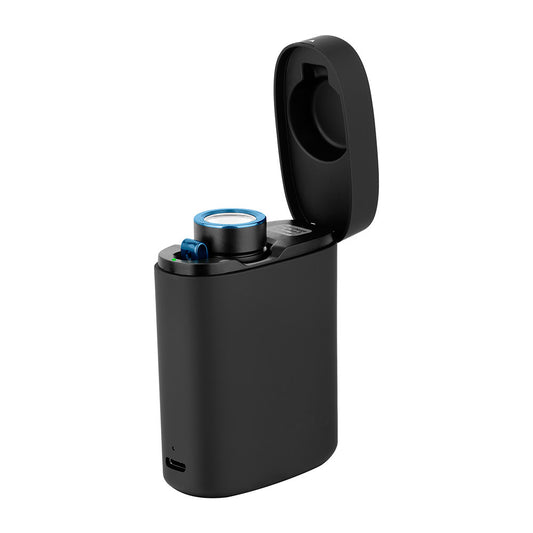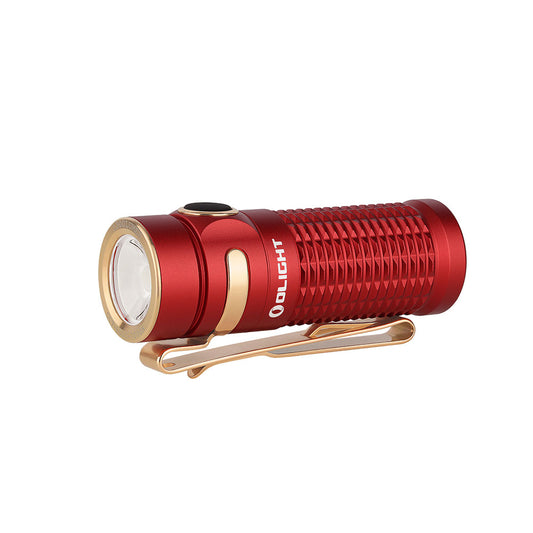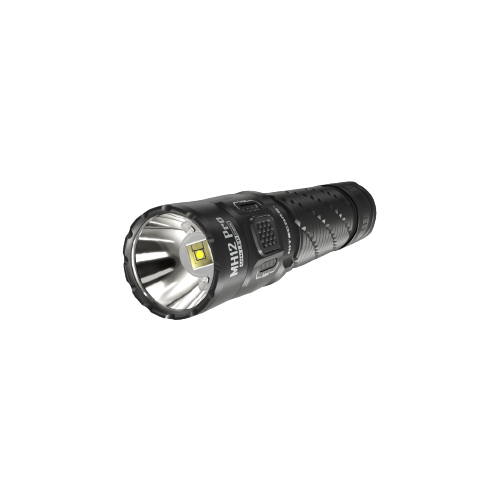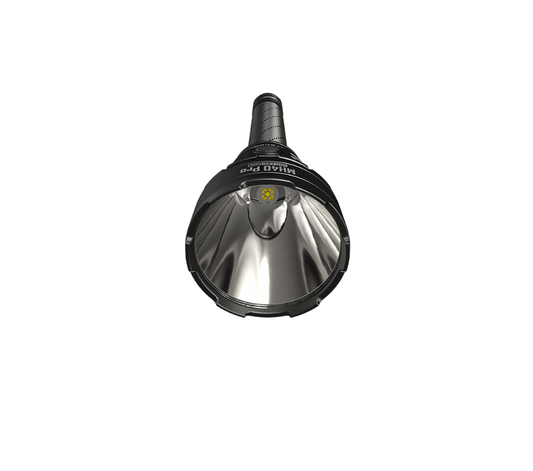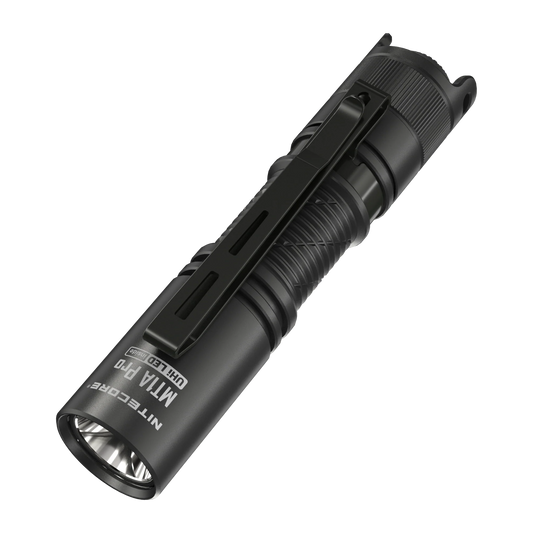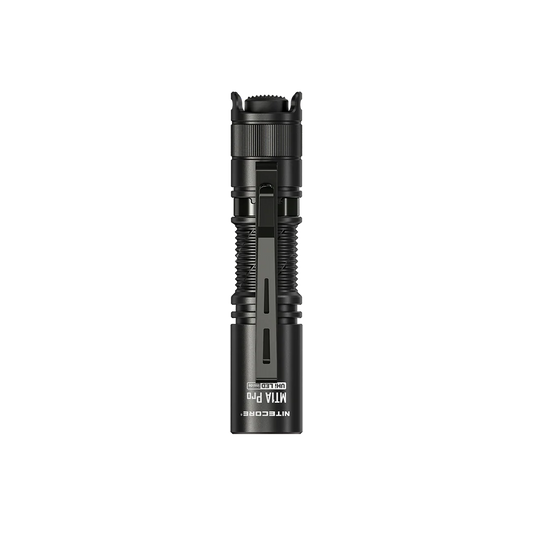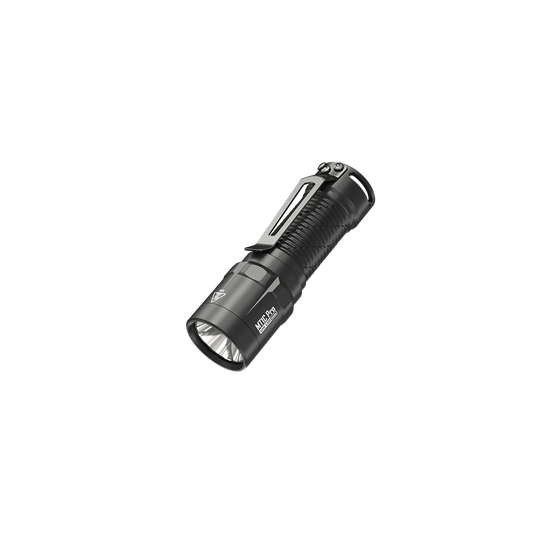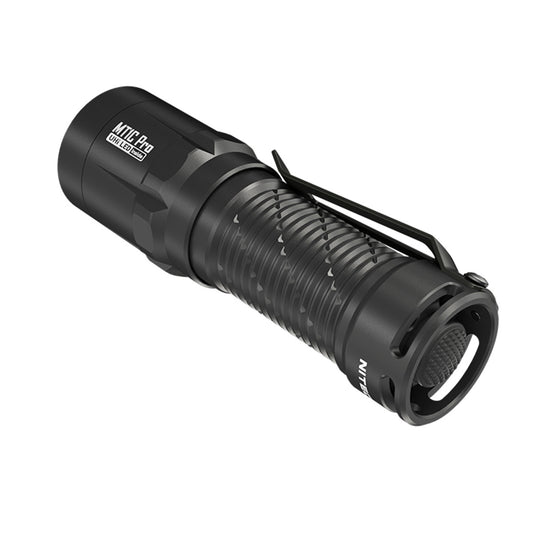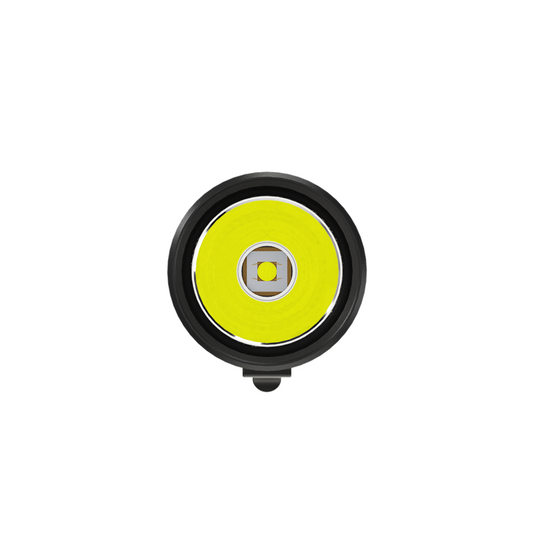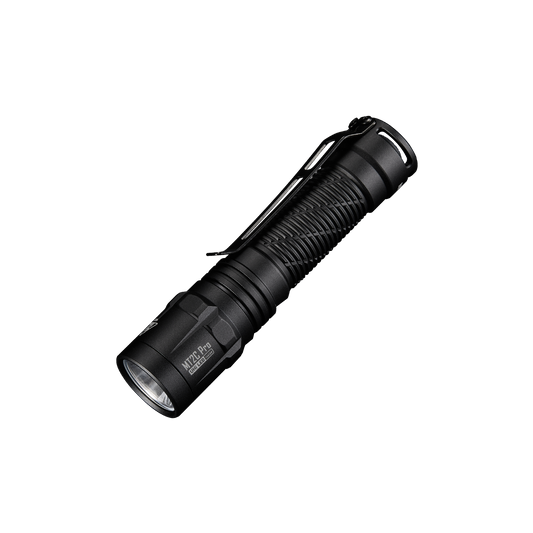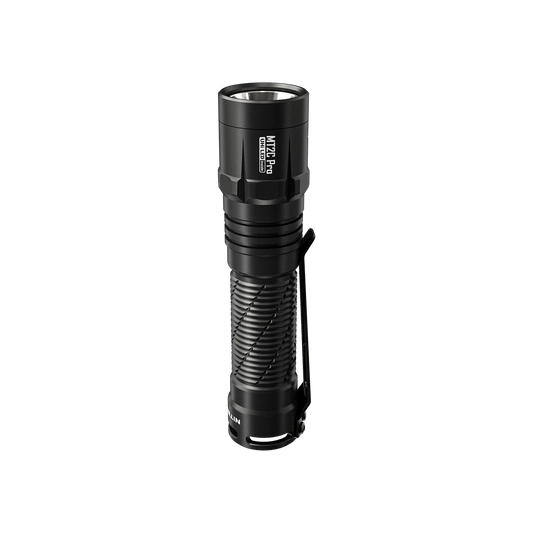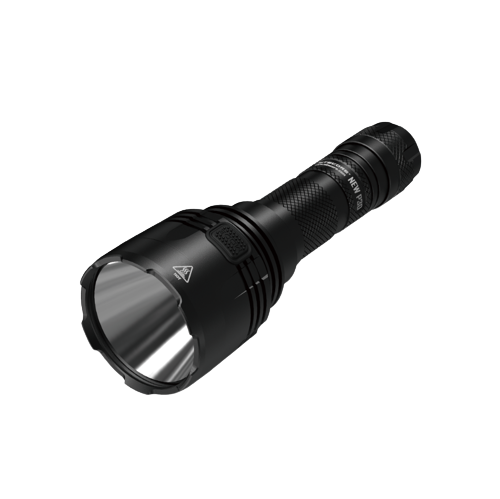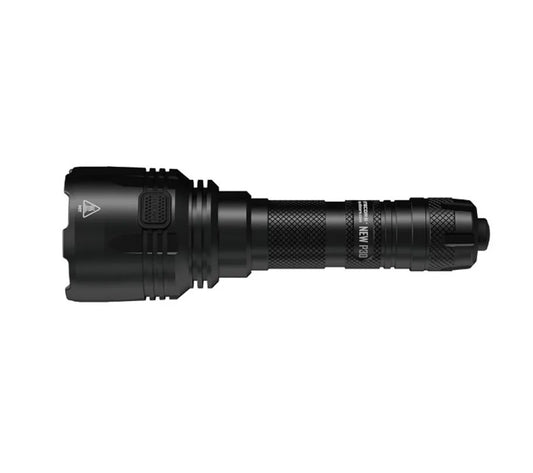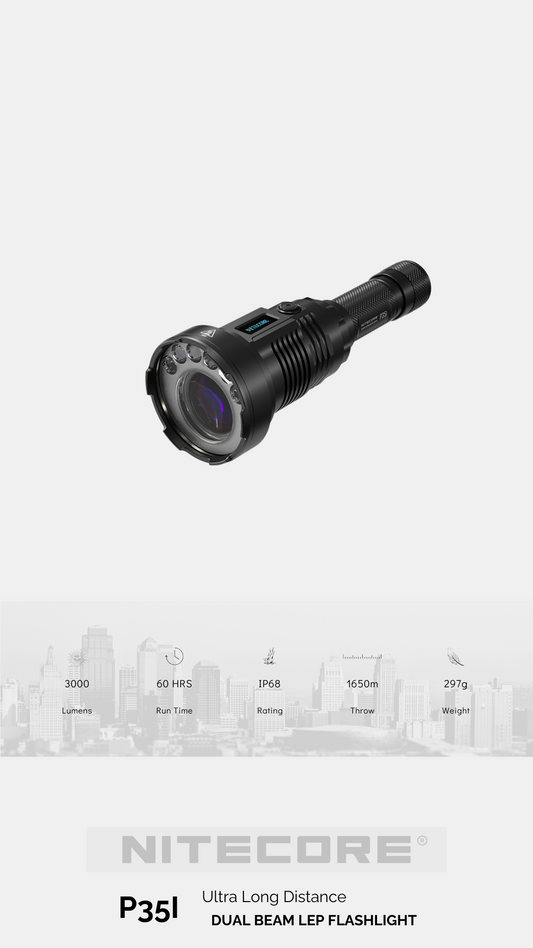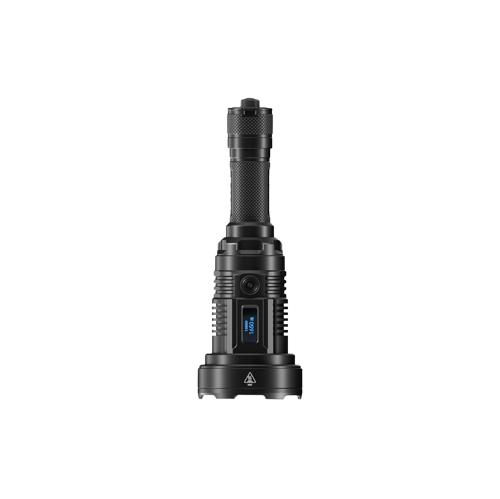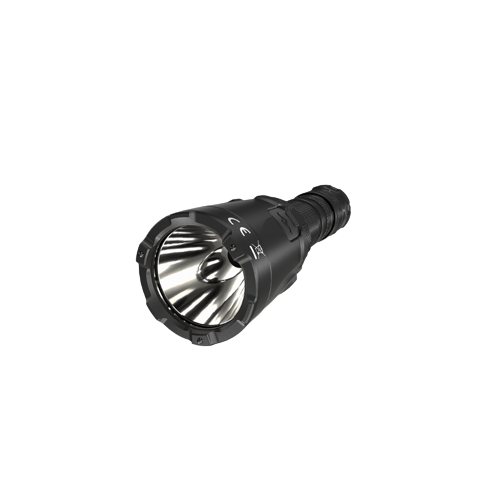
The Power of Sleep for EDC Performance: Optimizing Rest for a Busy Life
In the age of hustle culture, sleep often gets relegated to the bottom of the priority list. You're a hamster on a wheel, running like mad, not knowing if what you are running for will eventually benefit you. Every article or video you lay your eyes on is telling you to man up, just put in the work, and forget everything else. But in order for you to perform at your peak, you need proper rest.
For those leading an Event-Driven Consumption (EDC) lifestyle – characterized by bursts of intense activity followed by periods of recovery – prioritizing sleep is the cornerstone of optimal performance and overall well-being. This article delves into the science of sleep, exploring its profound impact on both physical and mental health. We'll then equip you with actionable strategies to establish a healthy sleep routine, even amidst the demanding schedule of an Event-Driven Consumption lifestyle.

Understanding the Importance of Sleep: A Scientific Exploration
Sleep is not simply a period of inactivity; it's a highly active biological process essential for optimal functioning. During sleep, our bodies and minds undergo a complex series of vital processes that leave us feeling rejuvenated and ready to tackle the day. Here's a closer look at the science behind sleep's power:
- Physical Restoration: During sleep, our bodies enter a state of repair and regeneration. Growth hormone, crucial for muscle growth and repair, is released during deep sleep. Sleep also allows for tissue repair, strengthens the immune system, and regulates hormones like insulin, which plays a vital role in metabolism and blood sugar control. Bodybuilders and athletes know this as a fact that ensures they operate at the highest levels.
- Mental Regeneration: Sleep plays a central role in cognitive function. While we slumber, our brains consolidate memories, process information learned during the day, and enhance creativity. Sleep deprivation, on the other hand, can lead to impaired focus, difficulty learning new things, and decreased decision-making ability.
- Emotional Well-being: Sleep deprivation can significantly impact our emotional state. When sleep-deprived, we are more susceptible to stress, anxiety, and mood swings. Conversely, adequate sleep helps regulate emotional responses and promotes overall mental well-being.

The Stages of Sleep: Understanding the Restorative Process
Sleep is not a uniform state; it's a cyclical process with distinct stages. Understanding these stages can help us appreciate the multifaceted benefits of sleep:
- Non-REM (Non-Rapid Eye Movement) Sleep: Non-REM sleep is further divided into three stages, each characterized by progressively slower brain waves and muscle activity. During Stage 1, we drift off to sleep. Stage 2 is a period of light sleep where our heart rate and breathing slow down. Stage 3, also known as deep sleep, is the most vital stage. It's during this stage that growth hormone is released, muscles repair themselves, and the immune system is strengthened.
- REM (Rapid Eye Movement) Sleep: REM sleep is characterized by rapid eye movements, increased brain activity, and muscle paralysis (except for the eyes). This stage is crucial for memory consolidation, emotional processing, and learning.
Understanding the different stages of sleep highlights the importance of getting enough quality sleep, encompassing both deep sleep and REM sleep, for optimal physical and mental restoration.
The Impact of Sleep on EDC Performance: Why Sleep is Your Secret Weapon
The EDC lifestyle, with its cycles of intense activity and recovery periods, places unique demands on the body and mind. Here's how prioritizing sleep can significantly enhance your EDC performance:
- Improved Physical Performance: Adequate sleep optimizes muscle strength, power, and endurance. Studies have shown that sleep deprivation can lead to decreased muscle strength, slower reaction times, and impaired coordination – all crucial factors for physical activities associated with the EDC lifestyle.
- Enhanced Cognitive Function: Sufficient sleep ensures you're operating at peak cognitive capacity. You'll experience improved focus, concentration, and decision-making abilities, allowing you to tackle demanding tasks with greater clarity and efficiency during your active phases.
- Increased Resilience to Stress: The EDC lifestyle can be inherently stressful, juggling work deadlines, social commitments, and personal projects. Prioritizing sleep strengthens your body's stress response system, making you better equipped to handle the physical and mental demands of your active phases.
- Boosted Creativity and Problem-Solving: Deep sleep allows the brain to process information creatively and come up with innovative solutions. This is particularly valuable during your recovery periods, where strategic planning and creative problem-solving can set you up for success in the next active phase.
Research by the National Sleep Foundation indicates that athletes who prioritize sleep experience significant improvements in performance compared to those who are sleep-deprived. A study published in the journal "Sleep" found that even moderate sleep deprivation (losing just one or two hours of sleep per night) can impair reaction time, coordination, and decision-making ability – all critical skills for those leading an EDC lifestyle.
Building a Sleep Sanctuary: Establishing a Healthy Routine in an EDC Lifestyle
Despite the undeniable benefits of sleep, establishing a consistent sleep schedule can be challenging within a busy EDC lifestyle. Here are some practical tips to help you prioritize rest, even amidst a demanding schedule:

Identify Your Sleep Needs:
Most adults require between 7-9 hours of sleep per night. However, individual sleep needs can vary. Experiment and find the amount of sleep that leaves you feeling refreshed and energized. Consider factors like your age, activity level, and overall health. There are online sleep calculators and resources available to help you determine your ideal sleep duration.
Embrace Sleep Hygiene:
Sleep hygiene refers to healthy habits that promote good sleep quality. Here are some key practices to incorporate into your routine:
- Set a Consistent Sleep Schedule: Go to bed and wake up at the same time each day, even on weekends. This helps regulate your body's natural sleep-wake cycle, making it easier to fall asleep and wake up feeling rested.
- Create a Relaxing Bedtime Routine: Develop a calming routine before bed that signals to your body it's time to wind down. This could include taking a warm bath, reading a book (preferably a physical book to avoid blue light exposure), listening to calming music, or practicing relaxation techniques like deep breathing or meditation. Avoid stimulating activities like watching TV, working on your laptop, or scrolling through social media before bed.
- Optimize Your Sleep Environment: Ensure your bedroom is dark, quiet, and cool. Invest in blackout curtains, an earplug set, and a comfortable mattress and pillows. Consider using a white noise machine to mask any disruptive sounds. Aim for a bedroom temperature between 60 and 67 degrees Fahrenheit (16-20 degrees Centigrade) for optimal sleep.
- Minimize Screen Time Before Bed: The blue light emitted from electronic devices like phones and laptops can disrupt sleep patterns. Avoid screen time for at least an hour before bed. If using electronic devices before bed is unavoidable, consider using blue light filter glasses or apps that can reduce blue light exposure.
- Establish a Regular Exercise Routine: Regular physical activity can improve sleep quality. However, avoid strenuous exercise close to bedtime, as it can have the opposite effect. Aim for moderate-intensity exercise like brisk walking, yoga, or swimming at least a few hours before bedtime.
- Manage Stress: Chronic stress can significantly impact sleep. Practice stress management techniques like mindfulness meditation, yoga, or spending time in nature. Relaxation techniques can help calm the mind and body before bed, promoting better sleep quality.
- Limit Caffeine and Alcohol: While caffeine can provide a temporary energy boost, it can disrupt sleep later in the day. Avoid consuming caffeine-containing beverages like coffee, soda, and energy drinks in the afternoon or evening. Similarly, while alcohol might make you feel drowsy initially, it can fragment sleep throughout the night, leading to restless sleep and daytime fatigue.
- Listen to Your Body: Pay attention to your body's sleep cues. If you feel tired during the day, resist the urge to push through on sheer willpower. Take a nap if possible, or adjust your bedtime routine to allow for more sleep. Ignoring your body's need for sleep can lead to sleep debt, which can accumulate and negatively impact your overall health and performance.
Building Your Sleep Sanctuary:
Your bedroom should be a haven for sleep. Here are some additional tips to create a sleep-conducive environment:
- Invest in a Quality Mattress and Pillows: A comfortable mattress and pillows that support your body's natural alignment are crucial for a good night's sleep. When choosing a mattress and pillows, consider your sleeping position (back, side, or stomach).
- Declutter Your Bedroom: A cluttered bedroom can create a sense of stress and visual stimulation, making it harder to relax and fall asleep. Keep your bedroom tidy and organized for a more calming atmosphere.
- Let in Natural Light During the Day: Exposing yourself to natural light during the day helps regulate your circadian rhythm, making it easier to fall asleep at night. Open your curtains or blinds during the day and spend some time outdoors.
- Make Sure Your Bedroom is Well-Ventilated: Proper ventilation is essential for a good night's sleep. Ensure your bedroom has adequate airflow to prevent stuffiness and maintain a comfortable temperature.
Remember, consistency is key! The more you stick to your sleep routine, the easier it will become to fall asleep and wake up feeling refreshed.
Addressing Challenges in an EDC Lifestyle:
- Unpredictable Schedules: If your schedule is constantly changing, focus on creating a consistent pre-sleep routine. This can signal to your body that it's time to wind down, even if your bedtime isn't always the same.
-
Travel: Traveling can disrupt your sleep schedule due to time zone changes and unfamiliar environments. Here are some tips to minimize sleep disruption while traveling:
- Gradually adjust your sleep schedule a few days before your trip.
- Expose yourself to sunlight during the day at your destination to help regulate your circadian rhythm.
- Maintain a consistent bedtime routine as much as possible, even while traveling.
- Utilize relaxation techniques like deep breathing or meditation to manage travel anxiety and promote sleep.
-
Stress Management: EDC lifestyles can be inherently stressful due to the fast-paced nature and juggling multiple demands. Here are some additional stress management techniques to incorporate:
- Mindfulness Meditation: Mindfulness meditation involves focusing your attention on the present moment without judgment. It can help reduce stress and anxiety, promoting better sleep. There are many guided meditation apps and online resources available to help you get started.
- Time Management: Prioritize tasks and create realistic to-do lists to avoid feeling overwhelmed. Utilize productivity techniques like the Pomodoro Technique to break down work into manageable chunks and schedule breaks throughout the day.
- Connect with Others: Social connection is essential for managing stress. Spend time with loved ones, engage in activities you enjoy, and seek support from friends, family, or a therapist if needed.
-
Napping Strategies: Napping can be a valuable tool for managing fatigue and improving alertness during an EDC lifestyle. However, napping for too long can disrupt nighttime sleep. Here are some tips for napping effectively:
- Keep it Short: Aim for naps between 20-30 minutes to avoid entering deep sleep stages, which can make you feel groggy upon waking.
- Nap Early: Avoid napping too close to bedtime, as it can interfere with nighttime sleep.
- Create a Napping Routine: Develop a pre-nap routine similar to your bedtime routine to signal to your body it's time to wind down.
- Listen to Your Body: Pay attention to your body's signals and adjust your routine accordingly. If you're consistently feeling tired despite prioritizing sleep, consult a doctor to rule out any underlying health conditions that might be impacting your sleep quality.
Sleep – Your Essential Tool for EDC Success
Prioritizing sleep is not a luxury but a necessity for those leading an EDC lifestyle. By incorporating the tips outlined above and creating a consistent sleep routine, you can optimize your physical and mental performance, manage stress more effectively, and ultimately achieve greater success in your active phases. Remember, sleep is your secret weapon for maximizing your potential and thriving in the fast-paced world of event-driven consumption.
By implementing these strategies and making sleep a priority, you can unlock the full potential of your EDC lifestyle and experience optimal performance in all aspects of your life.
Sources
- paidforarticles.com/why-sleep-is-critical-for-physical-and-mental-health-and-how-to-improve-it-712600
- gh.opera.news/gh/en/health/2a627785b6420a52765d77a8438bc397
Additional Resources:
- National Sleep Foundation: https://www.sleepfoundation.org/
- American Academy of Sleep Medicine: https://aasm.org/
- Mayo Clinic - Sleep: https://mcpress.mayoclinic.org/healthy-aging/trouble-sleeping-it-might-be-biology/

